In a notable Legal proceeding, Wendell Doyle Goney, a 52-year-old resident of Mount Dora, Florida, has been sentenced to a four-year prison term after shooting down a drone operated by the Lake County Sheriff’s Office. This incident, which has sparked discussions on the intersection of law enforcement surveillance, personal privacy, and gun possession laws, underscores the complexities of modern policing and the consequences of felons possessing firearms, reports The Daily Commercial.
READ MORE: FELON SHOOTS DOWN SHERIFF’S DRONE, FACES A DECADE BEHIND BARS
A Consequence of Crime and Technology
On July 11, 2021, Lake County Sheriff’s deputies were responding to a burglary at a large warehouse and greenhouse complex in Eustis, Florida. To aid their investigation, they deployed a $30,000 drone equipped with infrared cameras and other advanced technology. However, the operation took an unexpected turn when Goney shot the drone out of the sky, claiming it was “harassing” him. The drone, after being hit, crashed and burst into flames on the metal roof of a building, though it was insured against such damages.
The Legal Fallout
Goney’s act of shooting down the drone led to severe legal repercussions, primarily because of his status as a convicted felon. With a history of 29 felony convictions in Florida, including charges as serious as aggravated assault on a law enforcement officer and illegal possession of firearms, Goney was prohibited from owning or operating a firearm. His admission of using a .22-caliber rifle to shoot the police drone further compounded his legal troubles, leading to his prosecution under the stringent guidelines of the Project Safe Neighborhoods program—a collaborative initiative aimed at curbing violent crimes through state and federal partnerships.
Senior U.S. District Judge Gregory A. Presnell handed down the four-year sentence, a decision that underscored the seriousness with which the justice system views the illegal possession of firearms by convicted felons, as well as the attack on law enforcement equipment. Although Goney could have faced up to 10 years in prison, the sentence reflects both the gravity of his actions and his previous criminal record.
The Broader Implications
The incident and subsequent sentencing of Wendell Doyle Goney highlight several critical issues facing society today. The use of drones by law enforcement agencies has become increasingly common, providing officers with a means to surveil large areas, gather evidence, and respond to crimes with enhanced situational awareness. However, this technology also raises privacy concerns among citizens, as demonstrated by Goney’s claim of harassment.
Furthermore, the case brings to light the challenges of managing convicted felons’ reintegration into society, especially concerning firearm possession. The Project Safe Neighborhoods program, under which Goney was prosecuted, represents one of the many efforts to address and mitigate violent crimes through cooperation between various law enforcement agencies.
As technology continues to evolve and become more integral to law enforcement operations, incidents like the shooting down of a sheriff’s office drone by Wendell Doyle Goney serve as stark reminders of the ongoing balancing act between ensuring public safety and upholding individual rights. Goney’s sentencing not only underscores the legal boundaries set for convicted felons regarding firearm possession but also prompts a broader conversation on privacy, surveillance, and the appropriate use of emerging technologies in policing.
Photo courtesy of Fox 35.




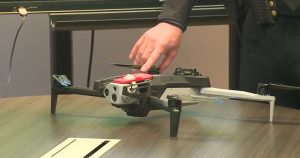
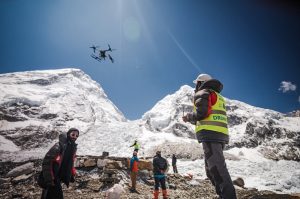
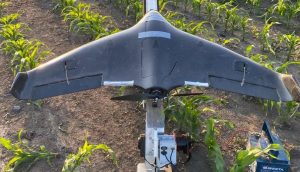
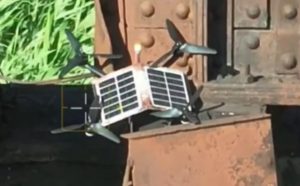
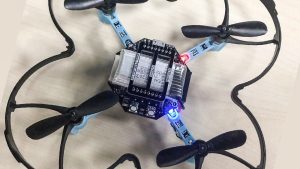
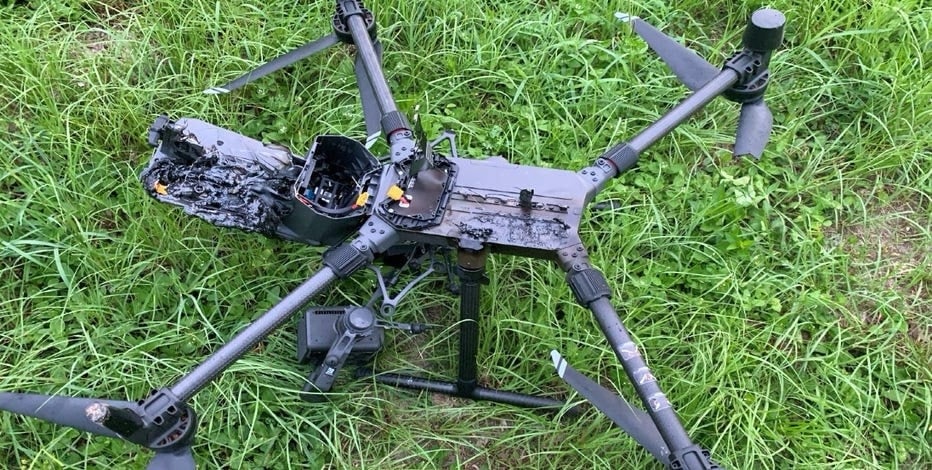



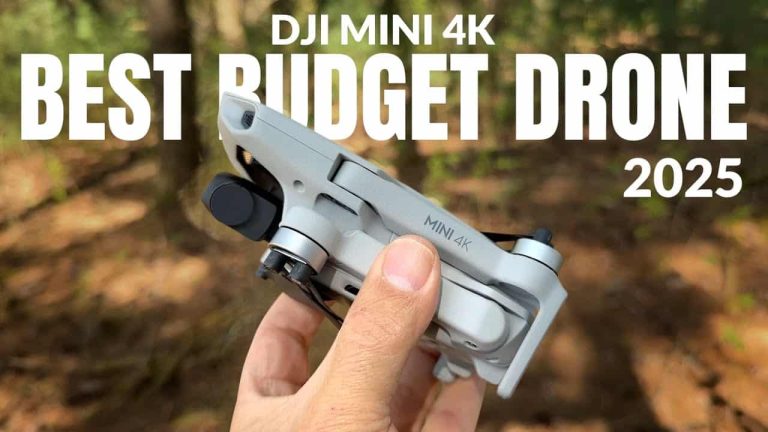

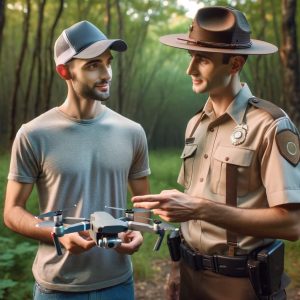
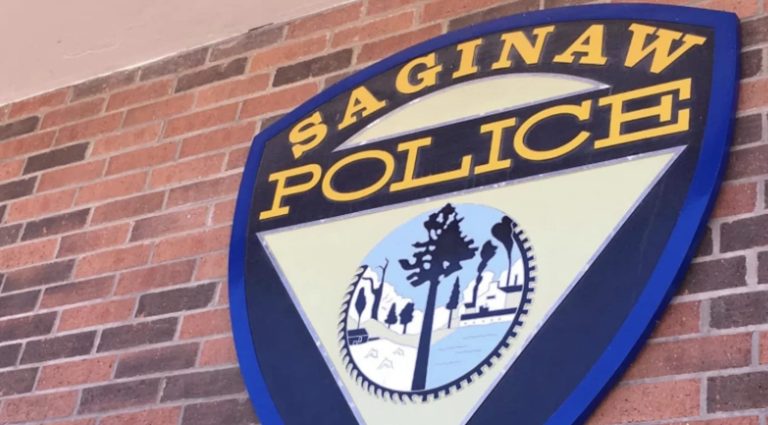
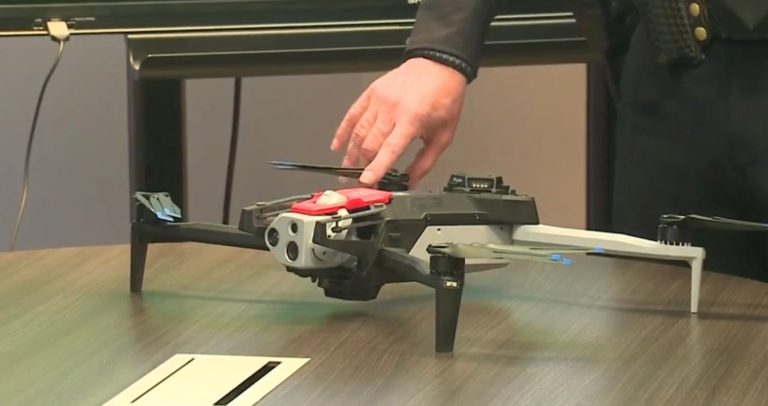
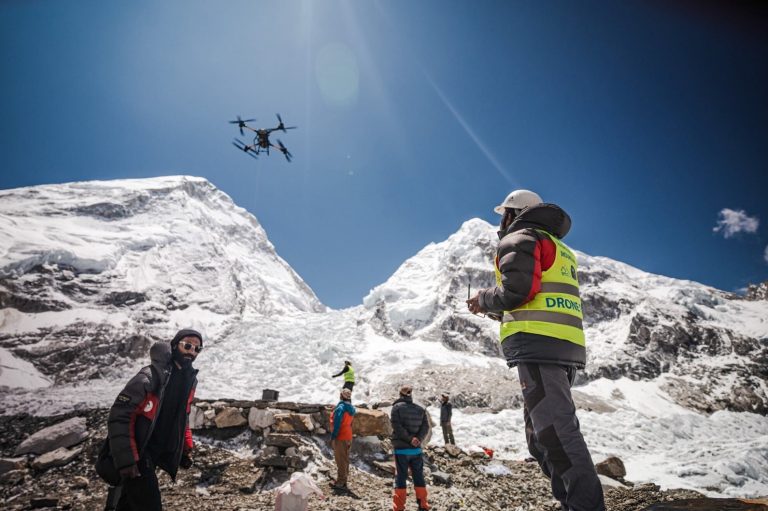
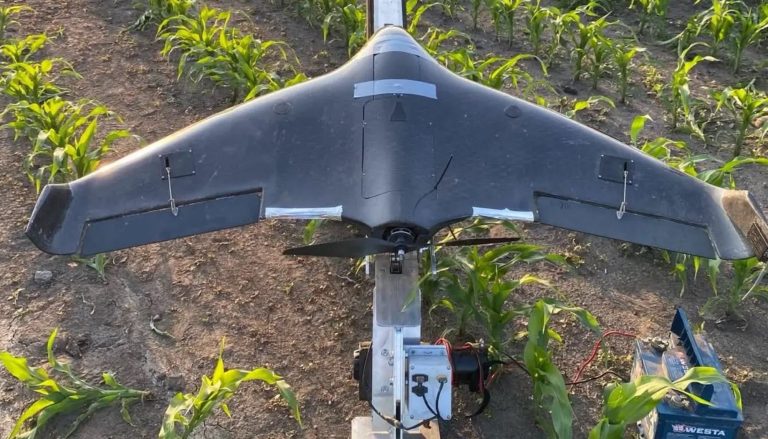
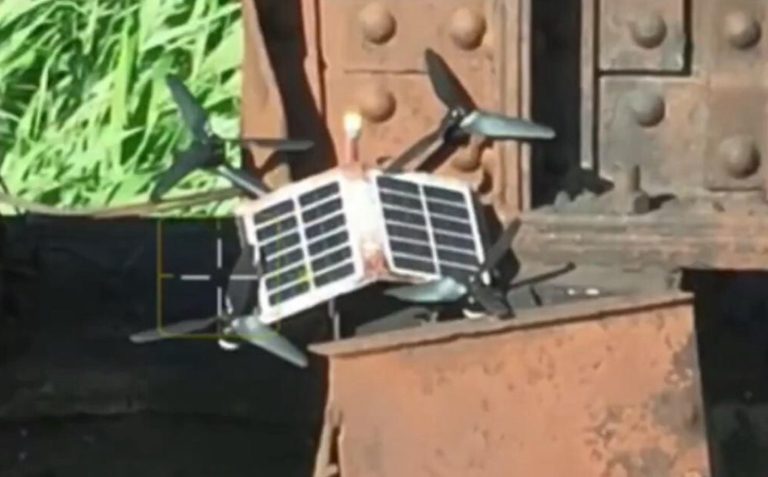
+ There are no comments
Add yours